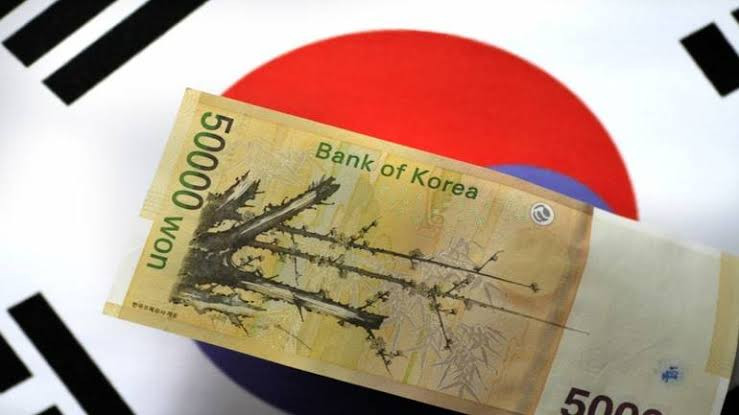The enthusiasm of retail investors in South Korea for cryptocurrency is notable, demonstrating a robust gambling spirit.
According to a semiannual report on cryptocurrency operations released by the Korea Financial Intelligence Unit (KOFIU), the number of active users registered on South Korean cryptocurrency exchanges increased by 390,000 in the last half of the year, reaching 6.45 million. This figure represents approximately 10% of the South Korean population.
The report found that 99% of these users are retail investors, with nearly 60% aged between 30 and 40 years. Over the latter half of the year, South Korea's daily cryptocurrency trading volume grew by 24% to 3.6 trillion won (approximately $2.6 billion), while the total value of cryptocurrencies held by registered exchanges surged by 53% to 43.6 trillion won.
South Korea has become a key growth engine in the global cryptocurrency market. In the first quarter of 2024, the South Korean won became the most actively traded currency for cryptocurrency transactions worldwide, surpassing the U.S. dollar. At one point, South Korea's Upbit exchange ranked among the top five globally in trading volume.
KOFIU stated that the increase in trading volume, market value, exchange operating income, and deposits in won in the second half of the year were due to rising cryptocurrency prices and recovering investor sentiment. The number of cryptocurrency trading users saw a rebound from the first half of 2023.
The widespread involvement in cryptocurrency trading represents a significant portion of the electorate, leading political parties in South Korea to actively address this issue.
During last month's parliamentary election campaigns, the opposition Democratic Party promised to lift restrictions on purchasing Bitcoin spot ETFs. Meanwhile, the People Power Party, led by President Yoon Suk Yeol, pledged to delay the imposition of digital asset taxes.
Notably, South Korea has experienced major setbacks in the cryptocurrency sector, such as the collapse of the TerraUSD and Luna stablecoins founded by Korean entrepreneur Do Kwon, which resulted in billions of dollars in losses for global investors. Starting in July, South Korean regulators will implement the "Virtual Asset User Protection Act," imposing strict new regulations on exchanges and intensifying penalties for industry violations.





